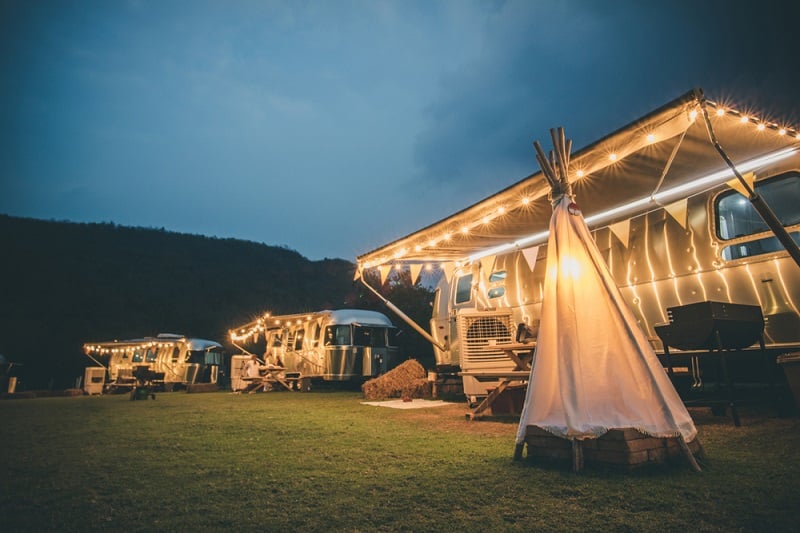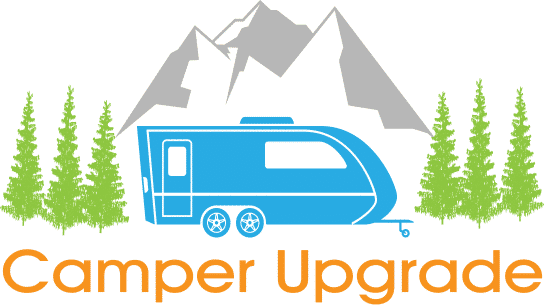
American RVs function with two separate electrical systems; AC and DC. However, European RVs may just have a DC system, since that is the dominant type of electricity available through the grid in European countries.
How RV Power Work: AC Electricity in an RV
If you have an American RV, it will have a power cord you can plug it into “shore power” available at an RV park. Likewise, your RV can produce AC electricity if it has a gas or diesel generator.
Your RV will have wall outlets to plug in different things like a hairdryer or your computer; however, these won’t work unless you’re plugged into the outlet at an RV park, or if you’re running the generator. Most motorhomes come with a built-in generator, but travel trailers don’t.
How RV Batteries Work: DC Electricity
The RV can also run off of its battery power, which is DC electric. If you are not plugged in, the overhead lights, the water pump and a few other things in the RV will still work off of the DC electricity stored in the batteries.
The batteries need to be recharged periodically; this is done by plugging into the power at an RV park, or, some motorhomes will recharge the “house” batteries as you drive.
Some RVers also install solar panels to keep the house batteries charged; however, if you are renting an RV, it’s unlikely it will have solar panels. RVs with solar panels also have what’s called an “inverter” which will transform DC electric into AC electric, and feed it through the wall outlets. However, most RVs with solar panels and inverters can not run high-powered things like electric heaters or hair dryers.
There will be a control panel in the RV, that displays the level of charge in the batteries, as well as the water and waste levels in the RV tanks. If you are running off of battery power, you need to keep an eye on this; if you run the batteries down too low, it can damage them. Your battery levels should always be above halfway.
RV Kitchen Appliances
There has been a trend over recent years for “residential kitchen appliances”. These include an all-electric stove and a home-style refrigerator. If your RV has residential appliances, these will not work on DC power or propane gas. They will only work if you are plugged in at an RV park or if you are running the generator.
If you would like to go camping “off-grid”, you need to get an RV with appliances that will run off of DC electric and propane gas. While you can run the generator all day to power a refrigerator, generators are very noisy, and that can become very annoying. So once again, if you would like to camp in places that don’t have electricity, be sure to get an RV with a kitchen that can run off of DC power and propane.
Related Video:
